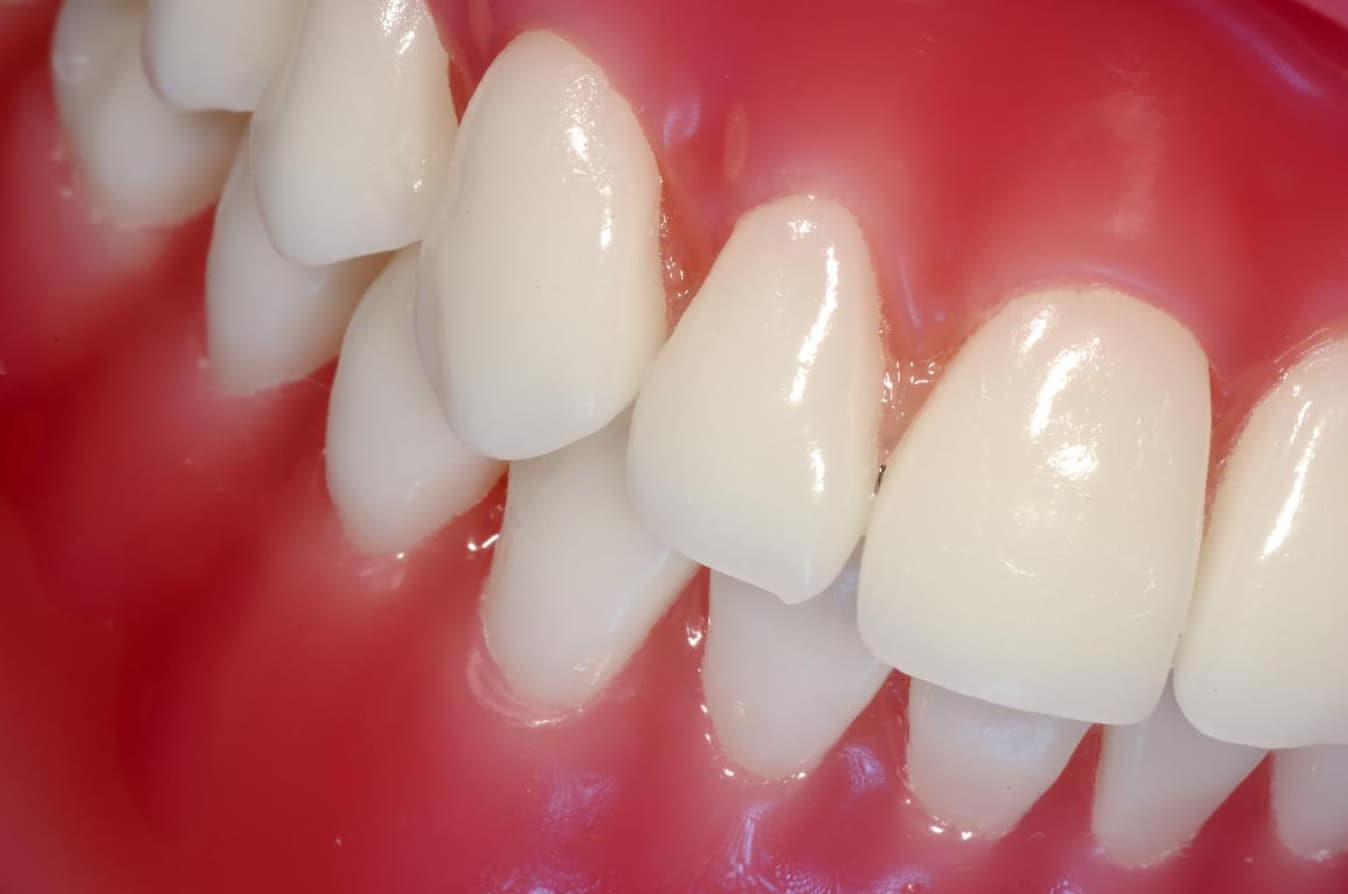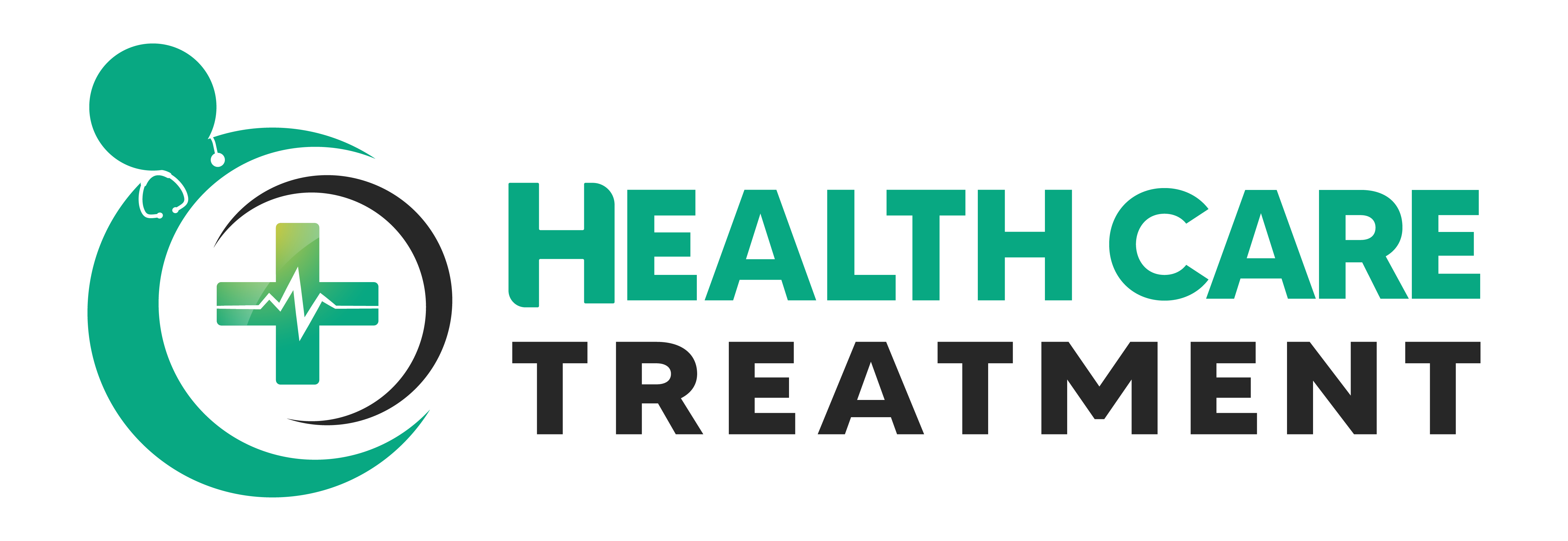13 Jun, 2023 | Stephen Andersen | No Comments
Dental Implant Infection Signs: Your Essential Checklist for a Healthy Smile

Dental implants have become increasingly popular in recent years as an effective solution for replacing missing teeth. They provide a long-lasting, natural-looking option that can significantly improve your overall oral health and boost your confidence. However, like any surgical procedure, dental implants come with some risks, and one of the most common complications is infection. In this article, we’ll discuss the dental implant infection signs you should be aware of and how to maintain a healthy smile.
The Importance of Identifying Dental Implant Infection Signs
Identifying dental implant infection signs early on is crucial for maintaining the success and longevity of your dental implants. If left untreated, an infection can lead to implant failure, bone loss, and even more severe health issues. By being aware of the potential signs of infection, you can take prompt action to seek professional help and prevent further complications.
Common Dental Implant Infection Signs
While dental implant infections are relatively rare, it’s essential to be aware of the possible symptoms that may indicate a problem. Here are some common dental implant infection signs to watch out for:
Pain or discomfort:
Although some pain and discomfort are expected after the implant surgery, they should gradually subside within a few days. Persistent or worsening pain around the implant site could be a sign of infection.
Swelling and redness:
Swelling and redness around the implant site are typical during the initial healing process. However, if these symptoms persist or worsen, it may indicate an infection.
Bleeding or pus:
Any bleeding or pus coming from the implant site is a cause for concern and could be a sign of infection.
Loose implant:
A loose implant is not always a sign of infection, but it could indicate that the implant has not properly integrated with the bone, which can lead to infection.
Preventing Dental Implant Infections
To minimize the risk of dental implant infections, it’s essential to follow your dentist’s post-operative care instructions carefully. This may include:
- Maintaining good oral hygiene by brushing and flossing regularly
- Using a soft-bristle toothbrush to avoid irritating the implant site
- Rinsing your mouth with a warm saltwater solution to promote healing
- Avoiding smoking and excessive alcohol consumption, as these can impede the healing process
- Scheduling regular dental checkups to monitor the health of your implant
In some cases, your dentist may also recommend one-day dental services to expedite the treatment process and reduce the risk of infection.
Conclusion
Being aware of dental implant infection signs is crucial for maintaining a healthy smile and ensuring the long-term success of your dental implants. By following your dentist’s post-operative care instructions and seeking professional help at the first sign of trouble, you can enjoy the many benefits of dental implants while minimizing the risks associated with this procedure.
